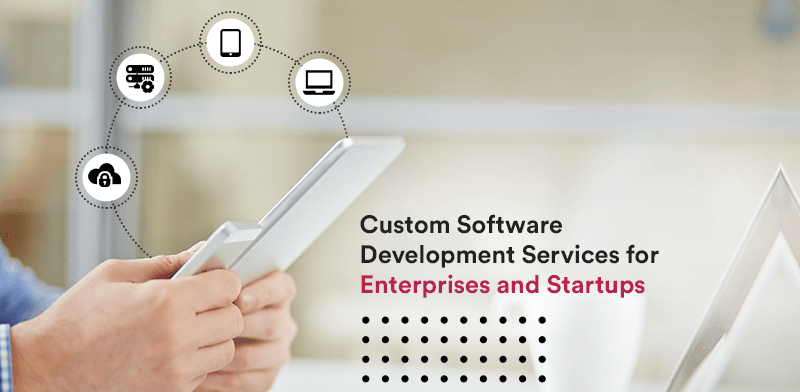In today’s rapidly evolving technological landscape, HR professionals are faced with the challenge of adapting to new trends and technologies in order to effectively manage their workforce. From artificial intelligence to remote work, the future of workforce management is shaping up to be an exciting and potentially disruptive one. In this article, we will explore some of the key HR trends that are set to revolutionize the way businesses approach workforce management in the coming years.
1. Artificial Intelligence in Recruitment
One of the most significant trends in HR today is the use of artificial intelligence (AI) in the recruitment process. AI-powered tools and platforms are being used to streamline and automate various aspects of the hiring process, from sourcing candidates to conducting interviews. These tools can help HR professionals save time and resources, while also improving the accuracy and efficiency of their recruitment efforts.
2. Remote Work and Virtual Teams
The rise of remote work and virtual teams is another key trend that HR professionals need to keep an eye on. Thanks to advancements in technology, more and more companies are offering flexible work arrangements that allow employees to work from anywhere in the world. This trend has the potential to not only improve work-life balance for employees, but also expand companies’ access to a global talent pool.
3. Data-Driven Decision-Making
Data-driven decision-making is becoming increasingly important in HR as businesses look to optimize their workforce management strategies. HR professionals are leveraging data analytics tools to gather insights on employee performance, engagement, and retention rates. By using these insights to inform their decision-making processes, HR professionals can make more informed and strategic decisions that benefit both the company and its employees.
4. Employee Wellbeing and Mental Health
Employee wellbeing and mental health are emerging as top priorities for HR professionals, especially in light of the ongoing COVID-19 pandemic. Companies are increasingly investing in wellbeing programs and resources to support their employees’ mental and physical health. HR professionals are also focusing on creating a supportive and inclusive work culture that prioritizes employee wellbeing and mental health.
5. Upskilling and Reskilling
In today’s fast-paced business environment, continuous learning and skill development are essential for staying competitive. HR professionals are increasingly focusing on upskilling and reskilling programs to help employees adapt to changing job roles and technology advancements. By investing in employee training and development, companies can build a more agile and resilient workforce that is better equipped to handle future challenges.
6. Diversity, Equity, and Inclusion
Diversity, equity, and inclusion (DEI) are becoming increasingly important considerations for HR professionals as businesses look to build more diverse and inclusive work environments. HR professionals are implementing DEI initiatives to ensure that their workforce is representative of the diverse communities they serve. By fostering a culture of inclusivity, companies can attract top talent and improve employee engagement and retention rates.
7. Automation and Robotics
Automation and robotics are revolutionizing the way companies approach workforce management. HR professionals are leveraging automation tools to streamline repetitive and time-consuming tasks, such as payroll processing and performance evaluations. By automating these tasks, HR professionals can focus on more strategic and value-added activities that contribute to the overall success of the organization.
Conclusion
As the HR landscape continues to evolve, it is crucial for professionals in the field to stay ahead of the curve and adapt to these emerging trends. By embracing new technologies, focusing on employee wellbeing, and fostering a culture of inclusivity, HR professionals can help their organizations build a resilient and agile workforce that is prepared to tackle the challenges of the future.
Are you ready to revolutionize your workforce management strategies? Stay tuned as we continue to explore these trends and provide insights on how you can leverage them to drive success in your organization.


